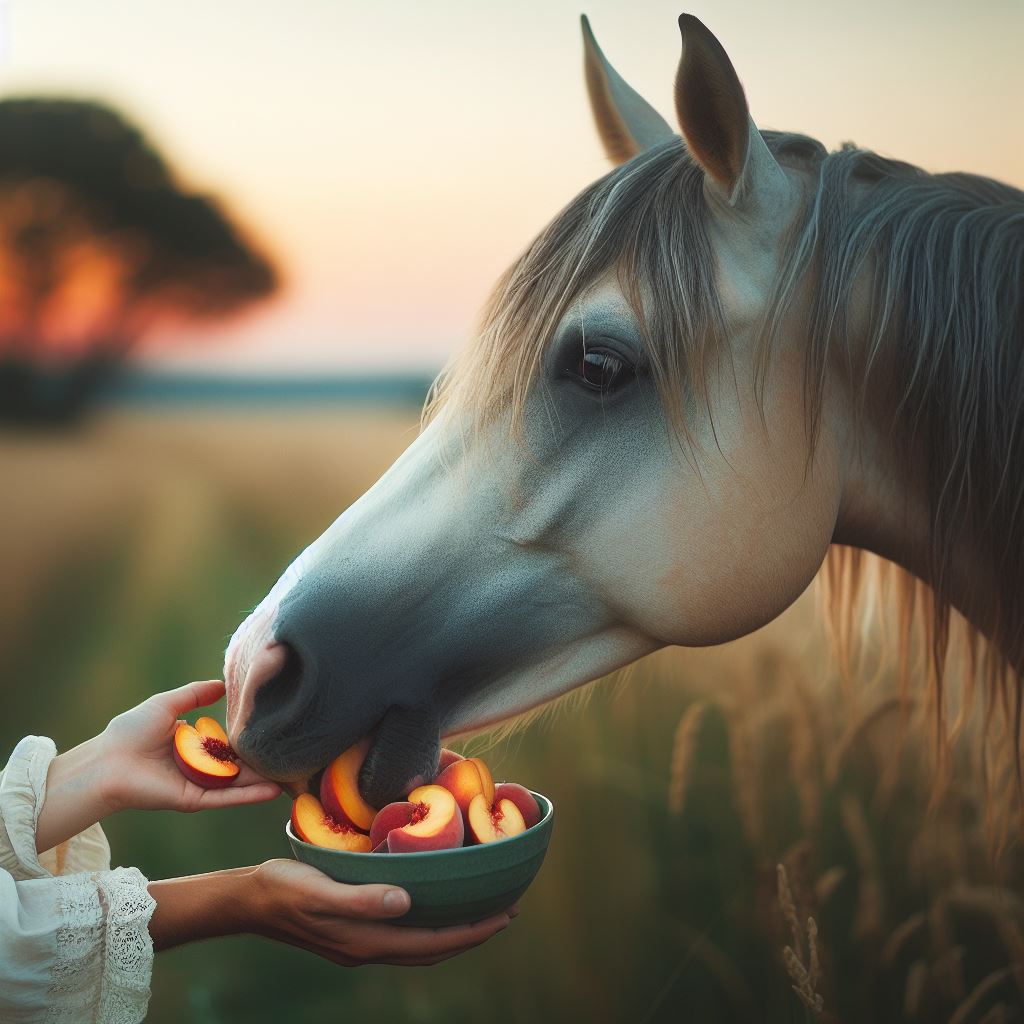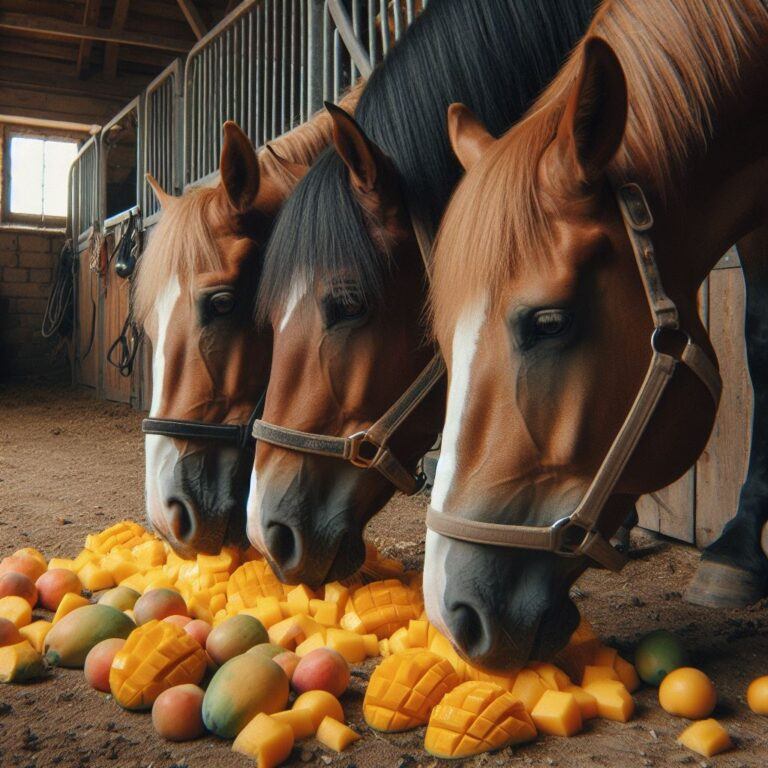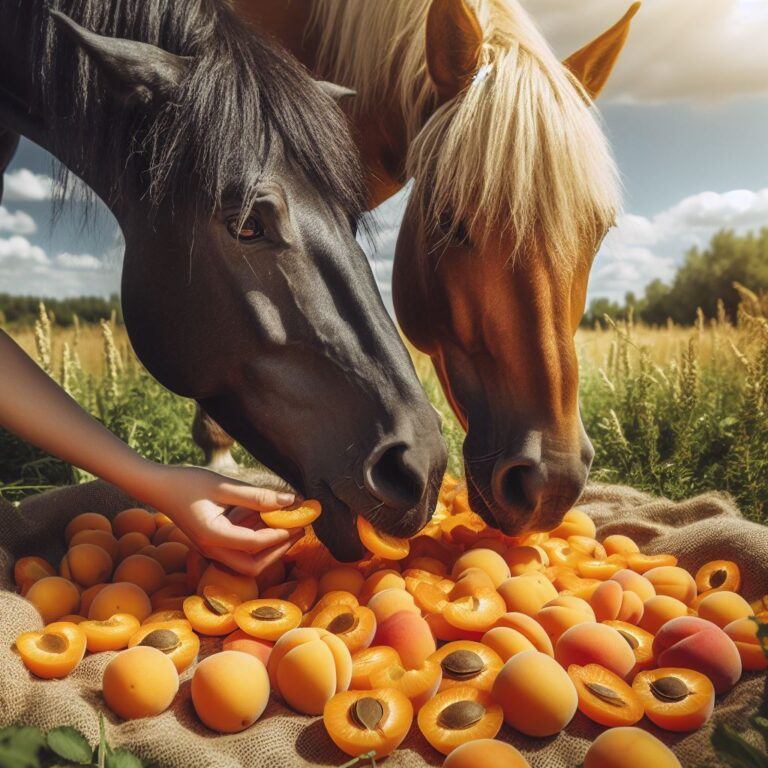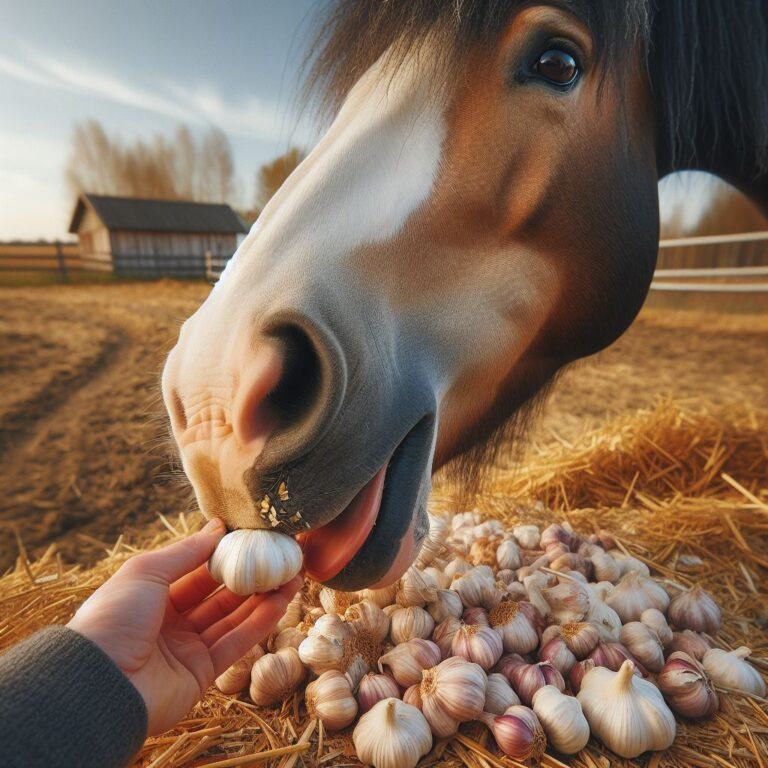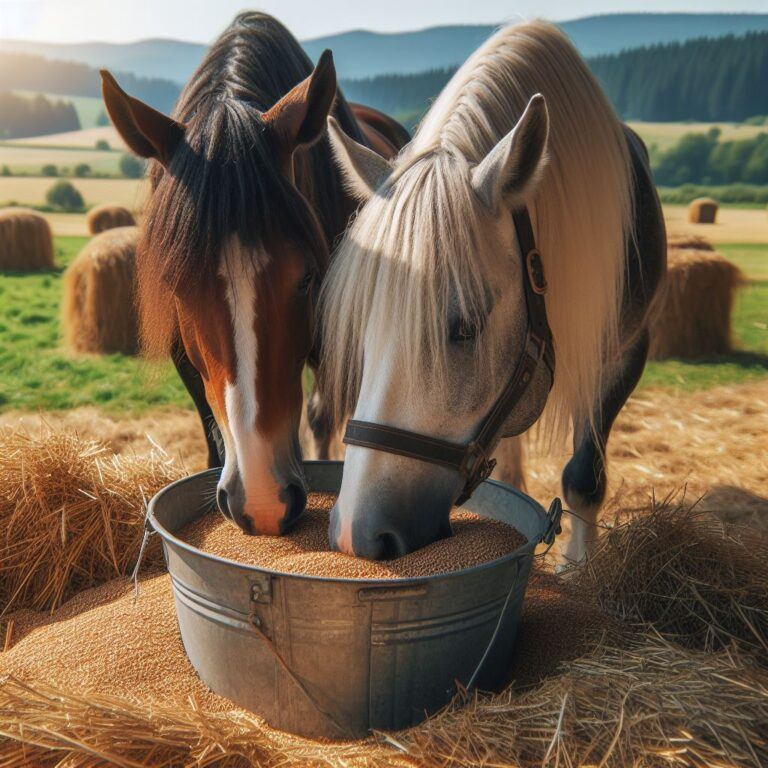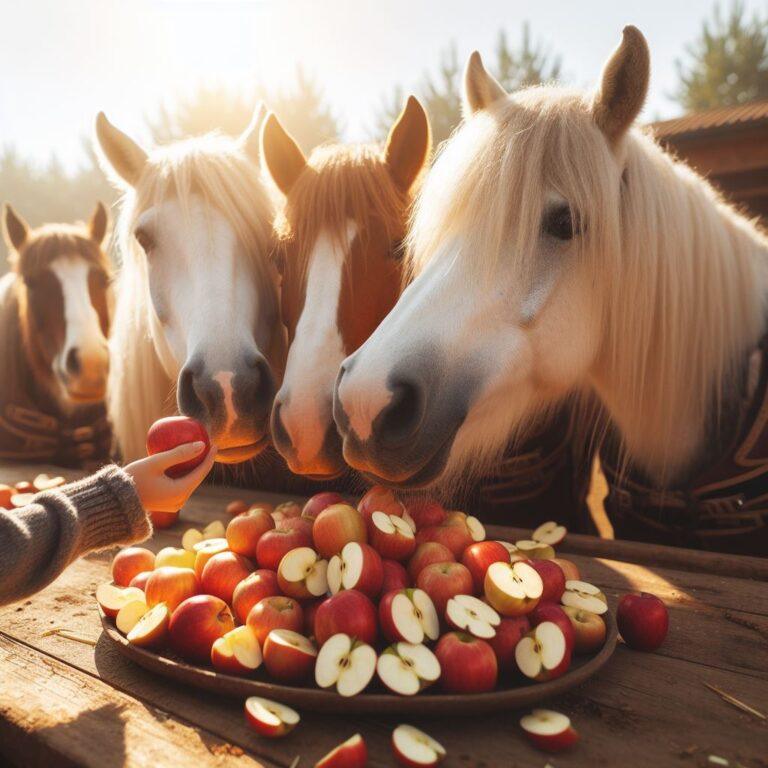Can Horses Safely Eat Peaches
Yes, horses can eat peaches in small amounts. Peaches are not toxic to horses, but it’s crucial to remove the pit and limit the quantity to avoid digestive issues. Peaches are rich in vitamins A and C, which are essential for maintaining a healthy immune system.
Vitamin A supports vision, skin health, and overall growth, while vitamin C acts as an antioxidant, helping to protect cells from damage by free radicals.
Nutritional Benefits of Peaches for Horses
Peaches are packed with vitamins and minerals that can offer health benefits to horses when given in moderation. Understanding the nutritional content of peaches helps us see why they can be a healthy treat for our equine companions.
Vitamin A and C: These vitamins play a crucial role in boosting the immune system and promoting overall health.
Fiber: Peaches contain dietary fiber, which can aid in digestion and help maintain a healthy gut. Fiber is particularly beneficial for horses as it promotes regular bowel movements and prevents constipation.
Antioxidants: The antioxidants in peaches help neutralize harmful free radicals in the body, potentially reducing the risk of chronic diseases and supporting overall health.
While peaches offer these nutritional benefits, it’s also valuable to compare them to other fruits commonly fed to horses.
Apples and carrots, for example, are also safe and nutritious options, providing similar vitamins and fiber. However, it’s essential to remember that variety and moderation are key in any diet.
Potential Risks and Precautions When Feeding Horses Peaches
While peaches can be beneficial, there are important precautions to consider to ensure they are safe for your horse.
Pit Removal: The most critical step in feeding peaches to horses is removing the pit. Peach pits contain cyanide, which is toxic to horses if ingested.
Additionally, the pit can pose a choking hazard or cause an intestinal blockage. Always ensure the pit is completely removed before offering peaches to your horse.
Sugar Content: Peaches have natural sugars, which, although not harmful in small quantities, can lead to problems if consumed in excess.
Horses do not process sugars in the same way humans do, and too much sugar can contribute to issues like obesity, insulin resistance, and laminitis. Moderation is essential to keep your horse healthy.
Portion Control: When it comes to feeding peaches to your horse, portion control is vital. A few slices of peach as an occasional treat is generally safe.
Overfeeding can lead to digestive upset, such as colic or diarrhea. A good rule of thumb is to ensure treats, including peaches, do not exceed 10% of your horse’s daily caloric intake.
Signs of Overconsumption: Monitoring your horse for signs of overconsumption is important. Symptoms of eating too many peaches may include bloating, gas, diarrhea, or colic.
If you notice any of these signs, it’s best to stop feeding peaches and consult your veterinarian.
How Best to Feed Peaches to Horses
Feeding peaches to your horse can be a healthy treat when done correctly. Here are some helpful hints and tips to follow:
Wash Thoroughly: Always wash peaches thoroughly to remove any pesticides or dirt.
Remove the Pit: As mentioned earlier, make sure to remove the pit completely to prevent any risk of toxicity or choking.
Slice Appropriately: Cut the peaches into small, manageable slices to make it easier for your horse to eat and digest.
As a Treat: Offer a few slices of peach as a treat during training sessions or as a reward. This can help reinforce positive behavior in your horse.
Mixed with Other Safe Fruits: Combine peaches with other safe fruits like apples or carrots for a varied and nutritious treat mix. This not only provides a range of nutrients but also keeps your horse interested in their food.
If you’re looking for other healthy treats for your horse, consider options like small pieces of watermelon (without the seeds), strawberries, or even specially formulated horse treats.
These alternatives can provide variety and ensure a balanced diet.
Before introducing any new food to your horse’s diet, it’s always best to consult with your veterinarian.
They can provide personalized advice based on your horse’s specific health profile and dietary needs. This ensures that you’re making the best choice for their well-being.
So, are Peaches Safe for Horses
Yes! Horses can safely eat peaches in moderation. Peaches offer several nutritional benefits, including vitamins, fiber, and antioxidants, which can contribute positively to a horse’s diet.
However, it is crucial to remove the pit and control the portion size to avoid any potential health risks.
Always remember to monitor your horse for any adverse reactions when introducing new foods and consult with your veterinarian to ensure their diet remains balanced and safe.
By making informed dietary choices, you help ensure your horse’s health and happiness.
Feeding peaches to horses can be a safe and enjoyable way to provide them with a tasty treat, as long as it’s done with care and consideration.
So go ahead and let your horse enjoy the occasional peach slice, knowing you are contributing to their nutritional well-being while adding a bit of variety to their diet.

